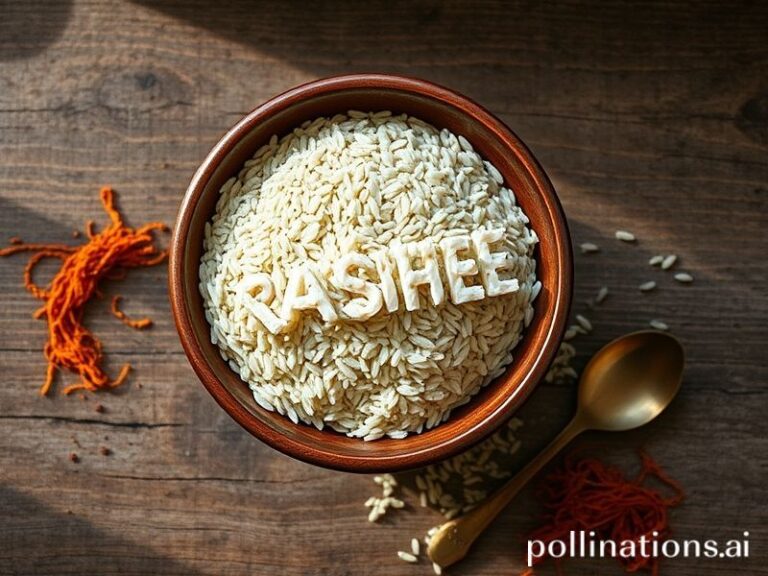The Angry Ginge Age: When Redheads Ruled the Internet and We All Cheered
# The Angry Ginge Age: When Redheads Rule the Internet
In the vast, ever-shifting landscape of internet culture, a new phenomenon has emerged, capturing the collective attention of netizens worldwide. Enter the “Angry Ginge Age,” a trend that’s as fiery as its namesake. But what exactly is this trend, and why is it setting the digital world ablaze?
## The Birth of a Trend
The term “Ginge” is a colloquialism for someone with red hair, often used in British and Australian slang. The “Angry Ginge” meme originated from a particular image of a red-haired individual, often photoshopped into various scenarios, with a caption that reads, “When you’re angry, but you’re a ginge.” The meme’s simplicity and relatability have catapulted it to viral fame, sparking a wave of creative iterations and spin-offs.
## Cultural Context: The Redhead Revolution
Redheads have long been a subject of fascination and stereotyping in popular culture. From the fiery-tempered depictions in folklore to the more recent “gingerism” phenomenon, redheads have often been portrayed as having a unique, sometimes volatile, personality. The Angry Ginge meme taps into this cultural trove, turning a stereotype into a humorous, self-aware internet joke.
The trend has also been fueled by the rise of “meme culture” and the democratization of content creation. With platforms like Instagram, TikTok, and Twitter, anyone can contribute to the meme pool, leading to a rapid evolution and proliferation of the Angry Ginge meme.
## Social Impact: A Unified Internet Uprising
The Angry Ginge Age has transcended its meme origins, becoming a symbol of collective frustration and solidarity. It’s a digital middle finger to the mundane, a virtual rallying cry for those who’ve had enough. Whether it’s the frustration of a bad hair day, a terrible Wi-Fi connection, or the existential dread of Monday mornings, the Angry Ginge meme provides a humorous outlet.
Moreover, the trend has sparked conversations about representation and diversity. By embracing a stereotype and turning it into a joke, the Angry Ginge meme challenges traditional notions of political correctness, fostering a more inclusive and accepting online community.
## Why It Matters: The Power of the Meme
The Angry Ginge Age is more than just a fleeting internet fad. It’s a testament to the power of memes as a form of expression and social commentary. In an increasingly digital world, memes have become a universal language, transcending cultural and linguistic barriers.
The trend also highlights the role of humor in coping with life’s frustrations. In a world filled with bad news and uncertainty, the Angry Ginge meme offers a much-needed laugh, a moment of levity in the chaos.
## Conclusion: The Future of the Angry Ginge
As with all internet trends, the Angry Ginge Age will eventually fade, replaced by the next big thing. But its impact will linger, a reminder of the power of collective humor and the unifying force of the internet. So, the next time you’re feeling angry, remember: you’re not alone. You’re part of the Angry Ginge Age, and together, we’re all just trying to make it through the week.







